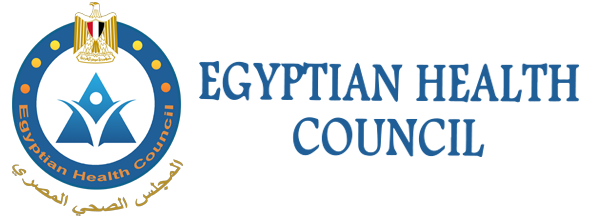1. The national exam for practicing the profession.
Developing and supervising standards, procedures and rules for exams that qualify for obtaining a license to practice medical professions and the Egyptian Board, in coordination with the competent authorities, and approving them.
2. The Egyptian Board.
The Council grants an accredited certificate called the “Egyptian Board” to all graduates of the faculties of the health sector after passing the training program and the standardized test for each of the health specializations subject to the provisions of this law.
3. Continuing Professional Development (CPD).
Adoption of scientific, vocational training and higher health specialized programs for post-university education, and approval of professional certificates for those who pass these programs in the various branches of medical health work from the concerned training authorities accredited by the Council.
4. Establishing records for workers in the public and private health sectors.
5. Establishing national records for diseases and medical interventions.
6. Guidelines.
7. Standards for the application of professional ethical charters.
Setting the necessary standards for the application of professional ethical charters, to achieve safe health practices, and work to monitor them, in coordination with the Ministry of Health, the Supreme Council of University Hospitals, and the Medical Services Department of the Armed Forces.
Training:
1- Setting specifications and standards for medical institutions that have the potential for post-university training in health fields with their various specializations, and monitoring and evaluating their health practices.
2- Approving the organizing rules, specifications and conditions for training venues, and approving the supervisors
3- Setting standards and requirements for trainers, and monitoring their implementation.
4- Setting standards for the content of specialized health training at various levels of health professions, and for all health specializations.
• Achieving integration and cooperation in the field of health training between the Council and local and international bodies:
1- Contracting with the local authorities concerned with updating the training and evaluation system, as well as similar foreign agencies in light of the rules approved by the Board of Trustees.
2- Exchanging recognition of professional certificates approved by the Council with its counterparts in various local and international bodies
• Monitoring and evaluation
1- Establishing periodic monitoring systems for the quality of vocational education and clinical training in accredited institutions.
2- Setting criteria for evaluating workers in various health specialties, to ensure that they complete the appropriate training.
